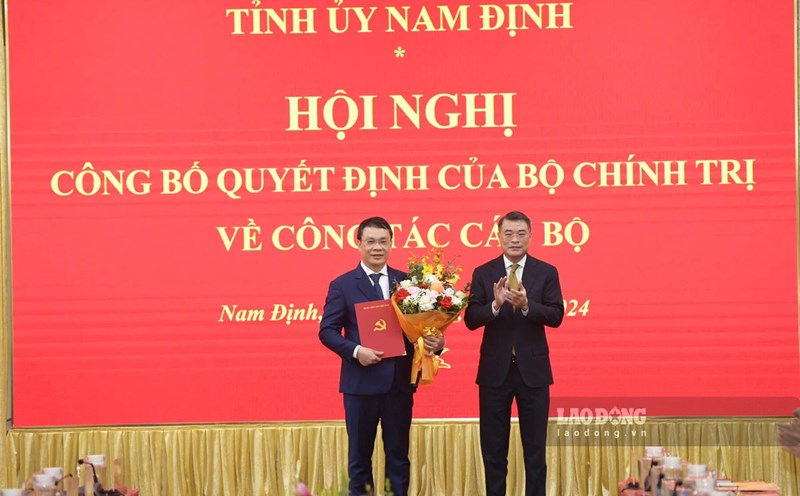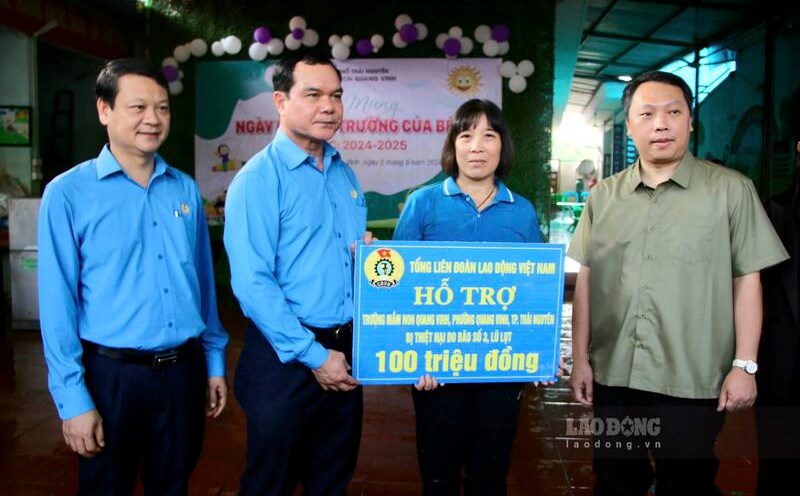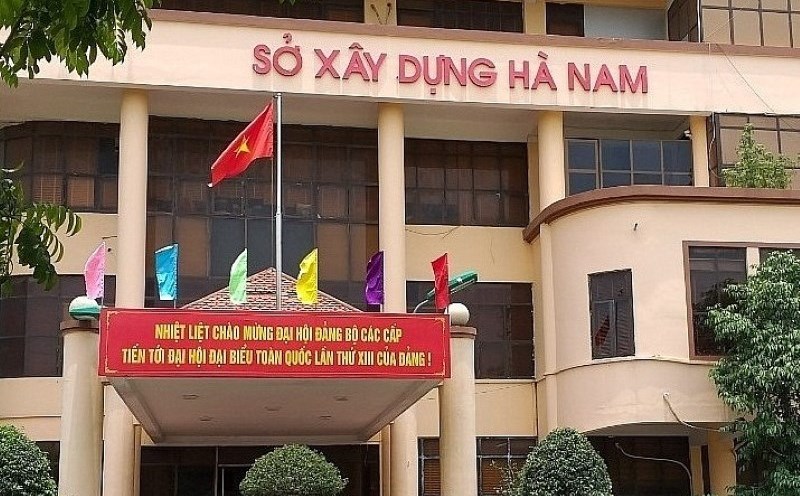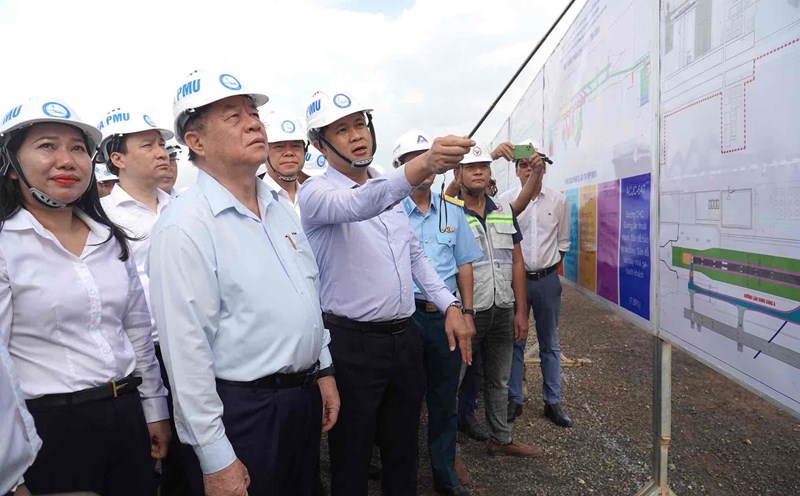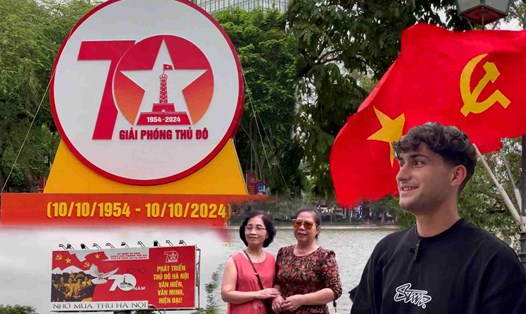On the morning of October 2, Tien Phong Newspaper and Vietnam National Payment Joint Stock Company organized a seminar on Vietnam Card Day 2024 - "Hanoi - Smart city and open banking ecosystem".
At the workshop, Ms. Tran Thi Phuong Thao - Deputy Director of the Hanoi Traffic Management and Operation Center - said that the unit has submitted a Smart Traffic Project in 3 phases, including the establishment of a Smart Traffic Management Center in 2025; proposed 9 functions and invested in smart devices.
The smart traffic control center will operate on the basis of learning modern techniques from advanced countries, ensuring compliance with the Road Traffic Law to provide appropriate traffic regulation routes, contributing to solving traffic congestion.
Currently, according to the 2025 open data catalog on traffic, Hanoi will integrate data on inner-city routes, parking lots, driving training facilities and testing centers, street lighting systems, signs, and lists of prohibited routes in the city.
This year alone, the city has directed the integration of traffic data into the iHaNoi application (digital capital citizen), which has been installed by many people. Through this, people can have more access to the city's traffic database.
Discussing the trend of smart urban development in the world and what Hanoi needs to do to become a smart city, former member of the Party Central Committee, former Minister of Science and Technology - Dr. Nguyen Quan said: Digital transformation for urban areas, building smart cities is a complex process, if successful, it will bring new vitality to the city. Hanoi is now a large city, a "mega city" with more than 10 million people, a very fast growth rate, posing issues of operation and management according to smart trends. Although Hanoi has had many successes and achievements in building a smart city, those are only initial results and are still slow compared to the world. Smart projects in education, health care, public services, and online transactions still have many problems, not synchronized with the city's planning. That is a challenge, but I believe Hanoi will resolutely implement it to build a smart city.
Project to support Hanoi in building a smart city
Sharing at the Workshop, Ms. Doan Hong Nhung - member of the Executive Board, Director of Retail, Vietcombank - said that Vietcombank currently has many solutions related to public services, utility payments, ischool, tuition fees, and hospital fees.
Bus staff are using QR codes on mobile phones for customers to pay without paper tickets. Vietcombank proposed a mobileking solution to issue debit cards to integrate this service, shortening the transaction time for customers.
Vietcombank is coordinating many activities with the Police Department on administrative management of social order (C06), including the application of personal data in smart cashless traffic payment activities. It will be a pioneer in cashless parking. Small changes but bring the 2S standard of clean and digital as desired by the State Bank. Currently, the city uses QR to pay for parking fees, but in the future, it is better to use VNeID.
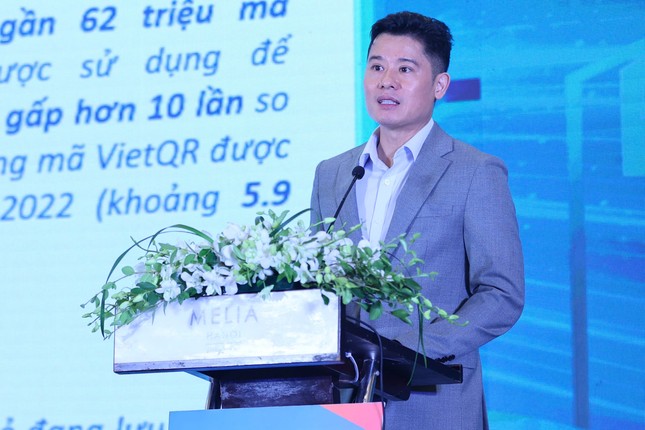
Meanwhile, Mr. Nguyen Hoang Long - Deputy General Director of Napas, said that Napas is orienting to develop "digital payment" to support Hanoi city as well as other provinces and cities in building smart cities.
Currently, Napas is promoting digitalization and payment via mobile phones: Fast money transfer 24/7, using payment for services, including public services. Napas cooperates with the National Population Database, VnEid Application... Public services such as issuing criminal records can be deployed via the VNeID application and fee payment via the Napas application on mobile phones, from card money sources, accounts...
Along with that, Napas is promoting digital integration on mobile phones; integrating cards on mobile phones, aiming to use mobile phones to "smartly pay" for many services.
Napas is currently piloting payment for Vinbus electric bus tickets; continuing to propose expanding payment cooperation with other bus routes and public transport points, aiming to serve people with "smart payment" when using the service.



